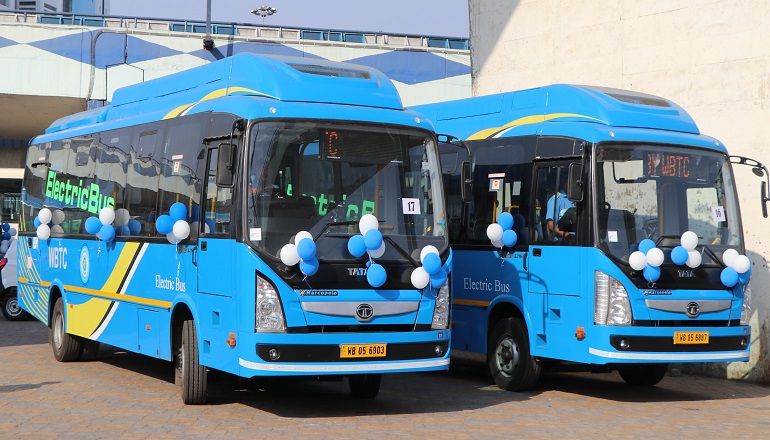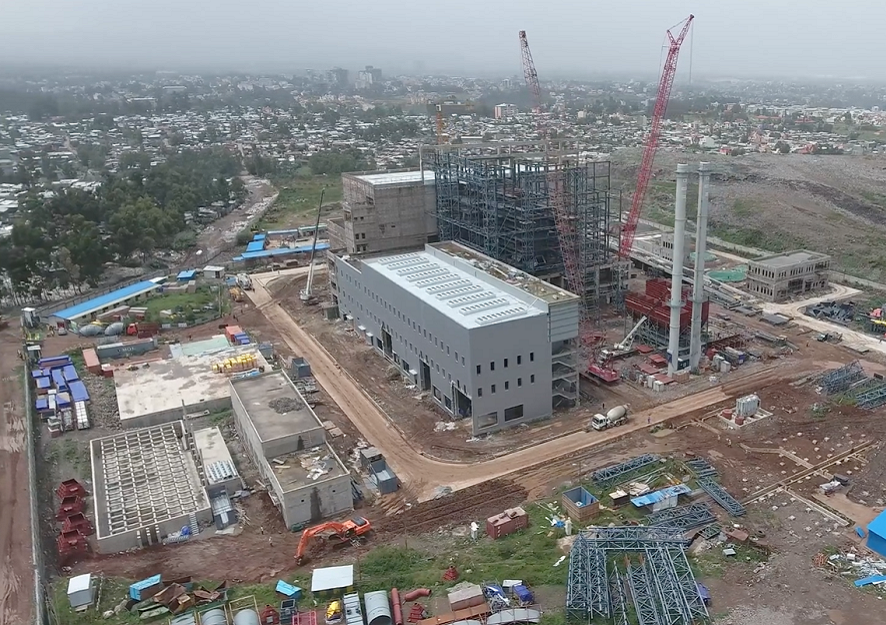The government plans to introduce buses powered by compressed natural gas and electric buses as part of efforts to reduce air pollution on the roads in the country.
The environmentally-friendly buses are expected to phase-out the operations of urban buses – popularly called ‘
According to the Deputy Minister of Transport, Daniel Titus Glover, electric mobility was a promising technological solution to addressing climate change pollutants, and, therefore, called on investors and interested parties to partner the government in rolling out the initiative.
“As phase-one, we are collaborating with the African Development Bank (AfDB) to access funds from the Green Climate Fund to introduce electric buses into our public transport system,” Mr Titus Glover said.
“Though there are potential barriers, we have an opportunity to implement fundamental changes to the way we commute, and this will be aggressively pursued,” he added.
The deputy minister was speaking at a roundtable discussion that brought together representatives of Ghanaian government officials, investors, development partners and civil society organisations to deliberate on ways to address climate change and promote sustainable development in the country.
The discussion, which focused on “Investing in climate actions for job creation and economic development”, centred on progress made on the implementation of the Nationally-Determined Contributions (NDCs) and investment opportunities that came with them.
The Director of Climate Change and Green Growth of the AfDB, Dr Anthony Nyong, expressed the commitment of the bank to help Ghana develop a good business model that would make the introduction of electric buses sustainable, benefit Ghanaians and “not just a dumping ground for those cars”.
“Why can’t the bank support such technology to modernise our urban centres, significantly reduce emissions and help Ghana achieve its NDCs targets?” he asked.




